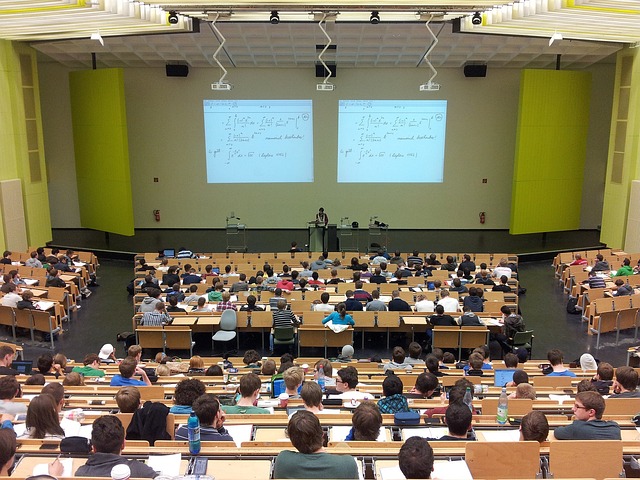Over the past three centuries nations have steadily moved from the “wealth” of nations to the “health” of nations. This is different from Adam Smith’s declaration of wealth for nations in 1776 via mercantilism and the hoarding of gold and tariffs. In its place, education as a major indicator of wellbeing is now the principal force in the development of a strong and vibrant nation. Education has undoubtedly become the major force behind a robust economy. As such, it should be lauded as the engine that will drive progress in the 21st century.
During the 20th century, the U.S. greatly advanced in knowledge and education as the quintessential driver of the industrial revolution among nations. However, educational progress has waned this century, with mediocrity in achievement strongly gaining.
Assessment from various educational indices such as the National Assessment of Educational Progress (NAEP) in the U.S. as well as international tests like the Programme for International Student Assessment (PISA) both indicate that educational progress in the U.S. has faded the past several decades. While research began to highlight such concerns in a seminal publication called “A Nation at Risk” in 1983, subsequent reform has turned a blind eye to major educational challenges then proposed. While progress moved in the right direction with testing and accountability, it failed to provide equity among diverse learners and botched them by not restrengthening schools among the disenfranchised.
With the country now reflecting a predominant preK-12 enrollment that is nonwhite, our schools have not woken to this new reality. They have instead relied on flawed pedagogy that previously failed Blacks and Latinos decades earlier. The lack of needed change in public education has strongly halted the progress of education this century, with mediocrity entrenched in routinized instruction. During the past three decades, our country has slipped from number one in education to that of middling among industrialized nations.
With the “Browning of America,” what ultimately did not work in the past will certainly never work in the brave new world of this century. Something different must occur. We must tackle challenges in wholly different ways. We must stop reliance on past vestiges. New paths must be charted for public schools to redress current challenges and better impact new populations of learners. Unquestionably, the country’s future is now fully dependent on the success of nonwhite, minority students. Without doubt, our nation will be imperiled should current trends not reverse for this generation.
